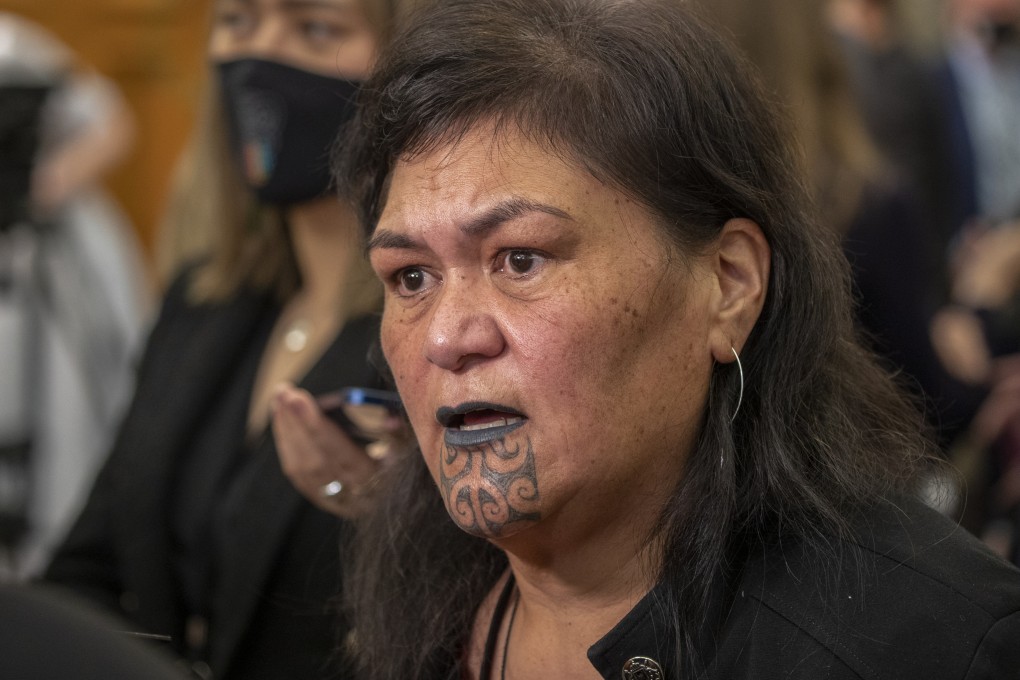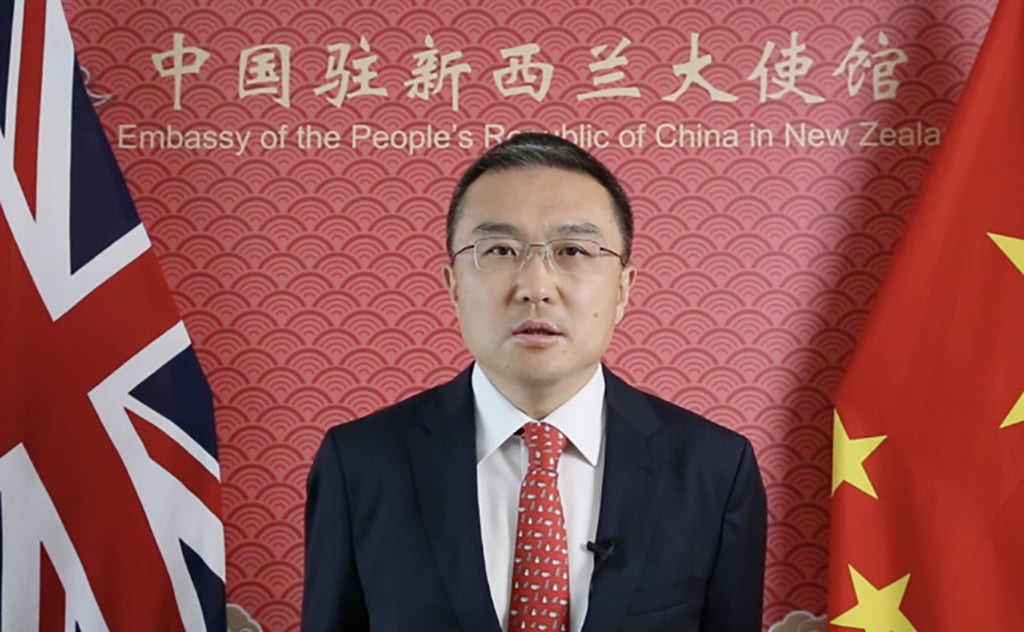China underlines stand on Taiwan to New Zealand after US, NZ raise concerns
- China’s ambassador to NZ Wang Xiaolong restates China’s position after joint statement from Wellington and Washington
- During the meeting, NZ Foreign Minister Nanaia Mahuta expresses concern about China’s security agreement with the Solomon Islands

Wang Xiaolong, China’s ambassador to New Zealand, restated China’s position on various issues including Taiwan, Xinjiang and Hong Kong, according to the Chinese embassy in Wellington.
“We also talked about how NZ and China could work together to support common development in Pacific island partners. We agreed that it is imperative to keep dialogues going at a time like this,” Wang wrote on Twitter after the meeting.
The meeting came two days after Wang cautioned New Zealand on its relations with China following a joint statement between Wellington and Washington this week.
The statement said the two countries reaffirmed their support for freedom of navigation and flights over the South China Sea and beyond, and expressed “grave concerns” about reported human rights violations in Xinjiang and Hong Kong.

The New Zealand Ministry of Foreign Affairs and Trade said the meeting on Thursday was a “useful opportunity” to discuss the two countries’ relationship, emphasising the importance of “an open and constructive dialogue, both in areas of cooperation and areas of difference” with China.
